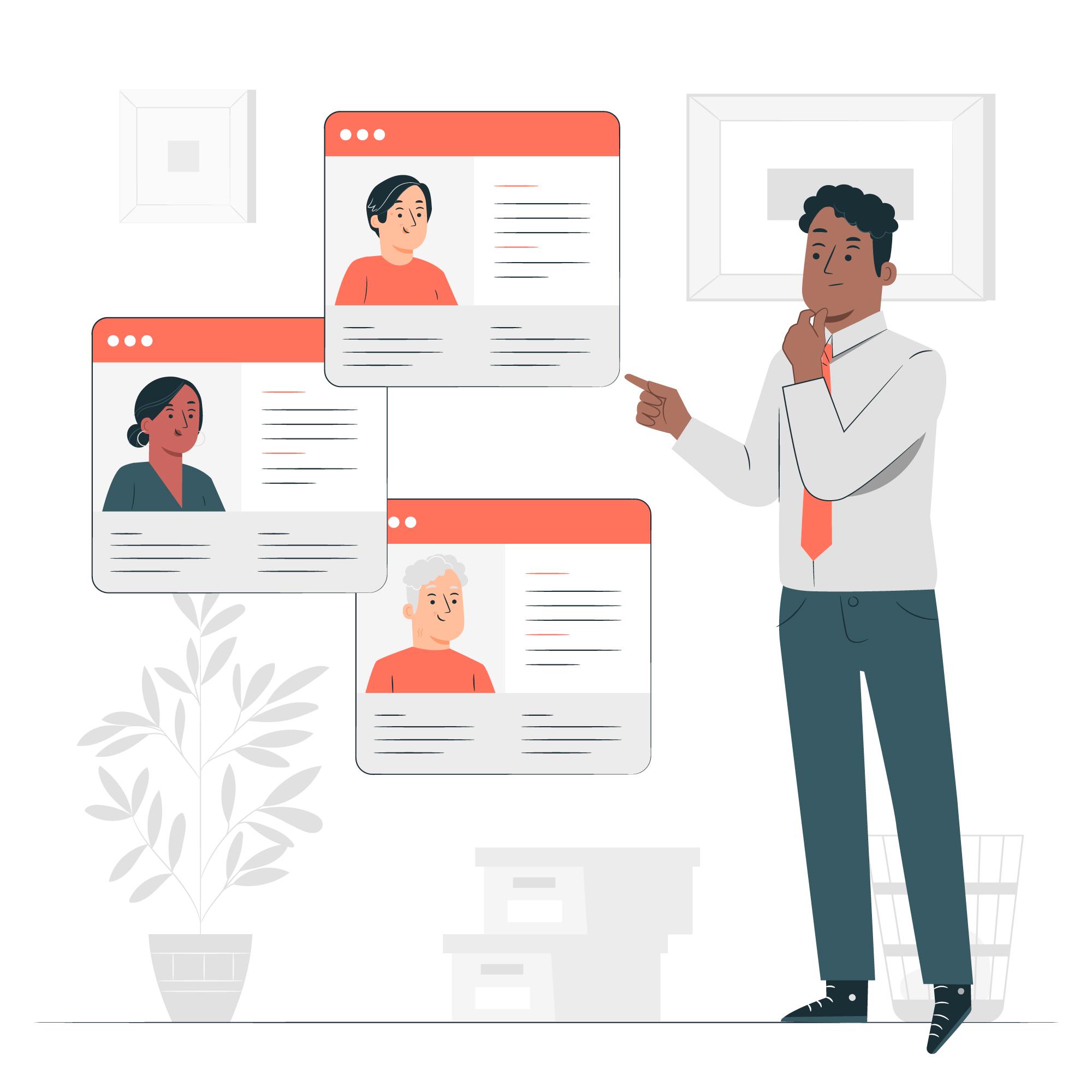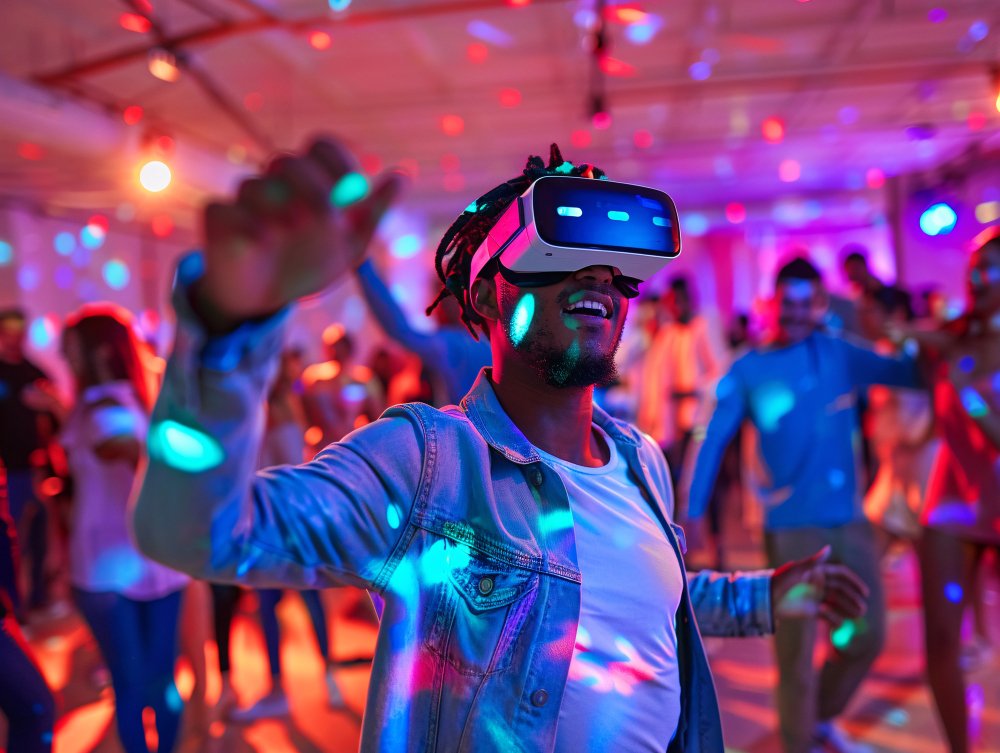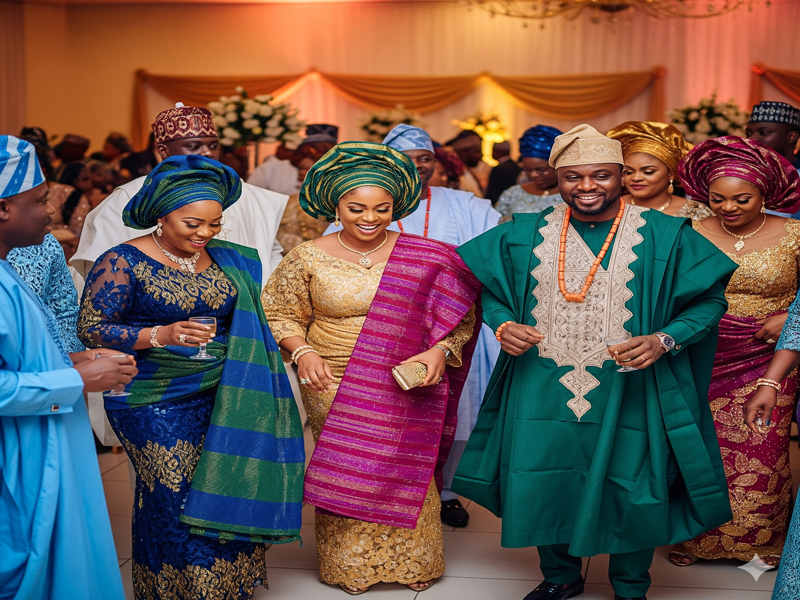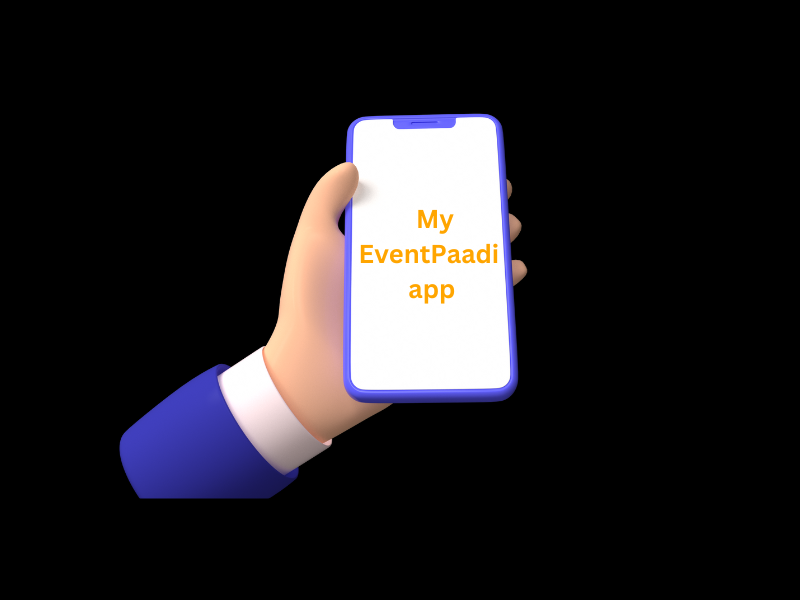Prepare to learn new things about how personalization can help you create an event that your guests will remember for a long time.
Memorable events elicit emotions and initiate connections with attendees, especially when they are personalized., On the other hand, it is increasingly becoming a valuable asset for event managers due to the winning opportunity it provides organizers.
Moreso, this strategy has never failed to earn more wins for both the attendees and the event organizer. One of the major juices of this strategy is that it creates an atmosphere where your targeted messages connect with the emotions of the attendees, persuading them to take necessary actions in favour of your event goals.
Let’s get started right away
What is personalization in event management?
Personalization simply refers to the processes involved in crafting every aspect of the event’s processes and sequence to fit the attendees’ unique tastes and requirements. It involves an interesting way of utilizing data and attendees’ insights to create an event that impacts them meaningfully.
This brings us to the next:
Discover attendee preference through data collection and analysis
Data collection and analysis help provide very useful information about the attendees you are expecting at the event; it shows specific characteristics, behaviours, and interests. With this information, especially when effectively analyzed, event managers can create winning strategies for winning the attendees to their side. In addition, analysis of the collected data helps to simplify the process of deciding what messages to send, how and when to send them, and what the expectations of the attendees are.
However, the gathering of data, which may be basic demographic and biometric information, can be done through the use of various channels, such as registration forms, pre-event polls and surveys, which allow the attendee to state their expectations and express their interests and needs.
In addition, the post-event feedback forms help to collect attendees’ comments and thoughts about the just-concluded event and provide insights on how to refine future events.
Customizing the event content for the desired experience
Personalization efforts will amount to nothing if the collected data is not interpreted into tangible or perceivable content with which to drive attendee interaction and engagement. It implies that the event content must be deliberately created to cater to the needs of the various audiences.
In essence, the event organizer must tactfully choose the best event process through which to communicate the messages or aims of the events. For instance, if an event aims to educate attendees of, say, the Middle Ages on some sort of topic of interest, then the event manager will have to consider options of using graphics, video, storytelling or text to share the knowledge
This can then be executed using various formats that fit the attendee’s peculiarities, which may include hands-on exercises or using the workshop formats, question and answer sessions, etc. In all, the attendee’s peculiarities must drive the content and format through which these contents are presented.
Personalization platforms to consider
To ensure effective personalization, the event manager needs to consider the deliberate use of platforms that can facilitate the strategy According to Bizzabo, event organizers must personalize every moment with the attendees; in their words, segmented email campaign ads with targeted messaging, customized registration flows, and a customized event agenda are some of the platforms where the strategy can be fitted.
Event Personalization apps are also a good platform to consider. Based on user preferences, these software or apps, create unique website experiences. To customize each website visitor’s experience, the software uses cookies, collaborative filtering, data analytic tools, and user profiling.
The motive of event organizers when using event personalization platforms is to ensure attendees satisfaction by connecting with their needs and expectations.
Tracking success and gathering feedback on personalization efforts:
Tracking the success gained through personalization efforts is very important for the future of the event. The feedback gathered from the post-event personalization efforts will help to get insights on better ways of creating personalization processes.
Through feedback, lessons are learned on how to adjust content, interactions, and experiences based on real-time data and changing attendee preferences. This method of continuous learning and adjustment encourages the initiation of effective strategies that can stand up to the ever-changing trends of human behaviour.
In conclusion, event personalization can accelerate key event objectives like increasing revenue or maintaining client relationships. Event managers can improve the overall engagement in their events through personalization; marketers and other business models are adopting it because of its benefits for creating customer satisfaction.












5 Comments
[…] the chatbot can improve the attendees’ experiences by providing them with excellent personalized service because it understands their […]
[…] major benefit of exploring a buyer persona is the personalization of the event experience. By being aware of what the attendee finds appealing, event managers can […]
[…] DIGITAL is called the best-experienced event management enterprise in the FCT because of its rich experiences in multimedia, sound, lighting, photography, and printing productions. and known for possessing a […]
[…] the world of event app development and deployment, personalization can not be overemphasized. Personalization in event management entails designing a programme, process and language that will capture, present […]
[…] barriers and deploy and integrate interesting technologies that will promote engagement, increase personalization and even open up more opportunities for […]